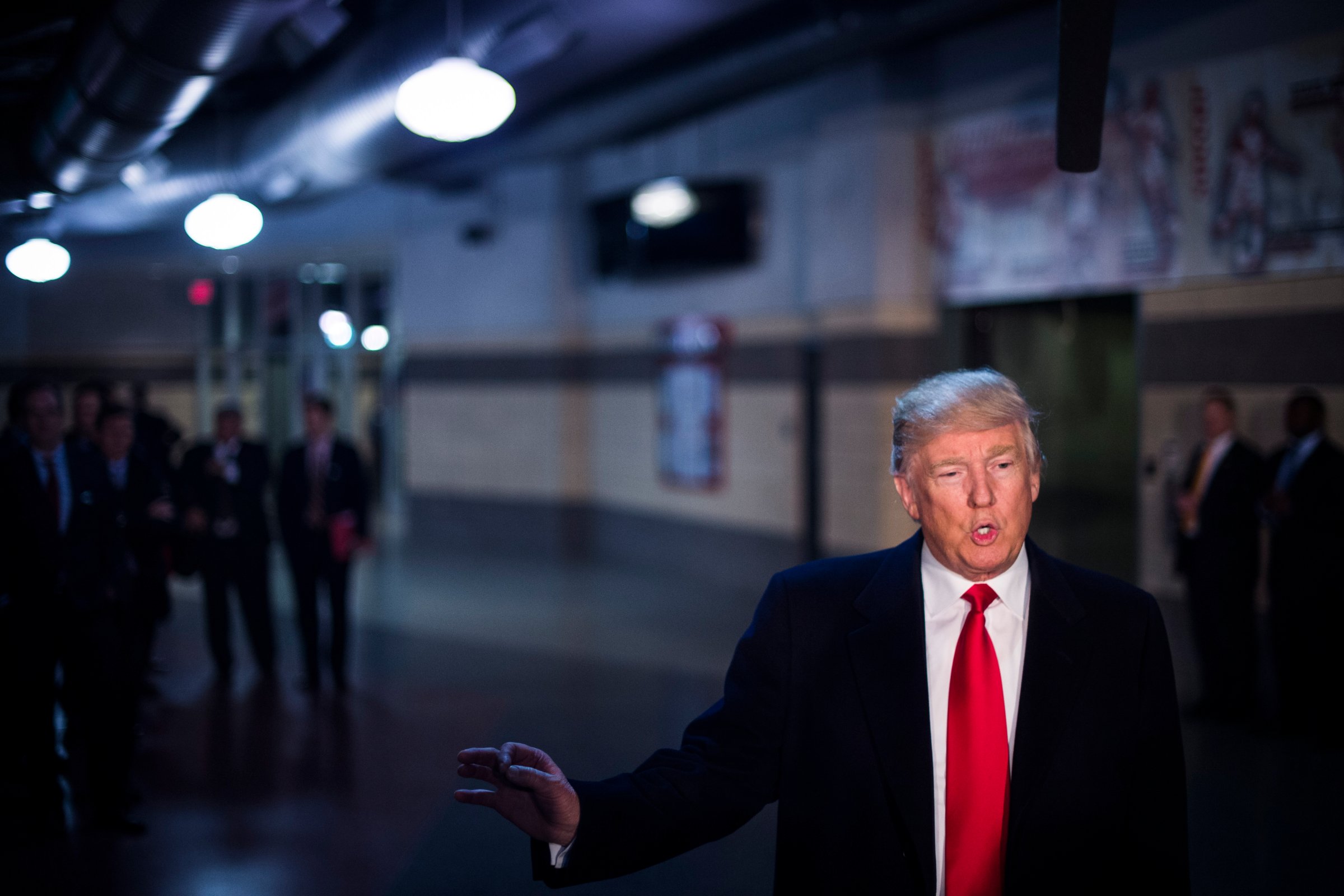
As President-elect Donald Trump prepares to take office in January, one challenge looms large: China and its expanding role in the vital Asia-Pacific region. The incoming Administration will need to develop a long-term Pacific strategy—which ultimately eluded President Obama’s team.
Creating a long-term policy toward China will be difficult: Trump’s recent questioning of the venerable “one China” policy and China’s vigorous reaction illustrates the hypersensitivity in Beijing. There is certainly leeway to change and clarify policy, but rocking the boat without a strategic plan—as Trump did by taking a call from Taiwanese President Tsai Ing-wen—has already resulted in ominous pronouncements by China.
What are the key elements of such a strategy? A durable China policy would have to reconcile two key elements: security and trade. Security is foundational to protecting our interests, reassuring our allies and maintaining the open commons and international norms upon which global commerce depends. Trade is the engine of global prosperity and stability. Both are challenged by China’s desire to dominate the region and effectively construct a “Great Wall of Sand” around its territorial claims in the region—especially in the flashpoint of the South China Sea, through which 30% of the world’s maritime trade passes annually.
We must start by recognizing that building security is a team sport. It is crucial for the U.S. to maintain and strengthen our alliances and security partnerships throughout the region—Japan, South Korea, Australia, New Zealand, Thailand and the Philippines are treaty allies. India, Malaysia, Vietnam and others are friends. Our Pacific allies are watching China’s rise and increased assertiveness with uncertainty, just as we are. Our engagement—whether by military exercises, arms sales or mere presence—is critical to reassuring them.
A second crucial element of our strategy should be in the cyber world. We have seen many instances of alleged aggressive Chinese cyber behavior, including stealing commercial and military technology, breaking into vital U.S. databases and manipulating financial information. We need to work with China to establish mutually acceptable behavior in the cyber realm as part of our strategy.
Third, we need a robust trade component. Trade and diplomacy—not force—are the best ways to encourage other countries to comply with international norms. Well over half of all U.S. exports, including close to three-quarters of our agricultural exports, go to the region—most by freely transiting the ocean. Trump may be determined to keep the U.S. out of the Trans-Pacific Partnership, but economic engagement with Pacific economies—including China—is crucial. We should consider whether to renegotiate the TPP or begin the laborious process of finding a substitute. Robust trade with China may be the key to encouraging cooperation on the Law of the Sea, open and peaceful activity in the cyber and space domains, and restraint of rogue actors from North Korea to Malaccan pirates.
Fourth, we should support international treaties and organizations. The U.S. must continue to calmly but firmly reinforce international rules of innocent passage, freedom of navigation and the lawful extent of national waters in the South China Sea and other Pacific-area choke points. The U.S. should also finally ratify the U.N. Convention on the Law of the Sea: we already abide by it, and we rely on it to encourage China (already a signatory) to do the same.
Setting U.S. policy in the Pacific on a sustainable course will require immediate action. Trump and his team will have to start with the basics—reassuring allies, maintaining open global commons, improving trade relationships and calming the cyber sphere—and build from there.
Most important, the U.S.-China relationship must be prevented from becoming a “Thucydides trap” in which a rising power and an established one view each other with such suspicion that conflict appears inevitable. Inflammatory or chaotic language and actions will not help. U.S. presence across the Pacific is not new or threatening, and the new Administration should not retreat or deviate from long-standing and clearly stated goals of maintaining open sea lanes and upholding global standards of conduct. A thoughtfully constructed and methodically executed strategy in the face of a rising China must be a first order of business for the new Administration.
More Must-Reads From TIME
- The 100 Most Influential People of 2024
- Coco Gauff Is Playing for Herself Now
- Scenes From Pro-Palestinian Encampments Across U.S. Universities
- 6 Compliments That Land Every Time
- If You're Dating Right Now , You're Brave: Column
- The AI That Could Heal a Divided Internet
- Fallout Is a Brilliant Model for the Future of Video Game Adaptations
- Want Weekly Recs on What to Watch, Read, and More? Sign Up for Worth Your Time
Contact us at letters@time.com